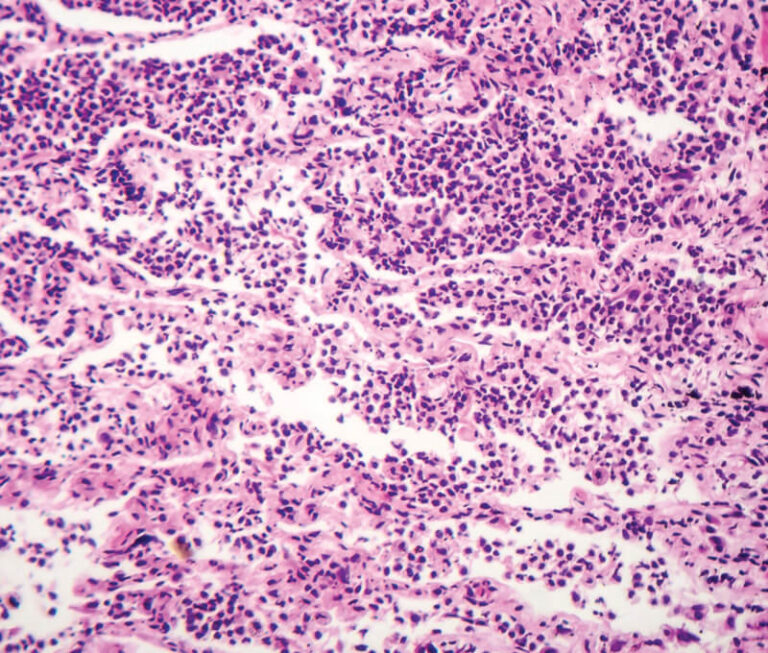Industry News
Research, Science & Manufacturer Updates
A new study shows that a protein called glial fibrillary acidic protein is a possible biomarker for very early stages of Alzheimer's.
Investigators have found that a subset of mutations within the overall tumor mutation burden are less likely to be edited out as cancer evolves.
The Centers for Disease Control and Prevention updated its schedule of recommended immunizations to include COVID-19 shots and boosters for children, adolescents and adults.
The first clinical trial for Down syndrome regression disorder is being funded by a five-year $5.3 million grant.
The Office for Civil Rights issued a bulletin to highlight the obligations of the Health Insurance Portability and Accountability Act of 1996 on covered entities and business associates when using online tracking technologies.
The U.S. Department of Health and Human Services has awarded nearly $245 million in Bipartisan Safer Communities Act funding to support the integration of mental health training into the training of primary care clinicians.
The U.S. Department of Health and Human Services has awarded $13 million to bolster nursing education and training to grow the nursing workforce and improve access to nursing education.
Infusion of CSL112, an investigational human plasma-derived apolipoprotein A-1 formulated with phosphatidylcholine, rapidly and strongly elevates impaired cholesterol efflux capacity following acute myocardial infarction.
Investigators have found that intravenous immune globulin may have a positive effect on acute exacerbation of fibrotic idiopathic interstitial pneumonias.
The U.S. Department of Health and Human Services released two new reports that illustrate the urgency of addressing skyrocketing prescription drug costs in the U.S.
The U.S. Centers for Disease Control and Prevention released the 2021 data from the Behavioral Risk Factor Surveillance System, which are now available through CDC's easy-to-use web-based tool.
The U.S. Department of Health and Human Services has launched a National Biotechnology and Biomanufacturing Initiative to help drive research and development.











